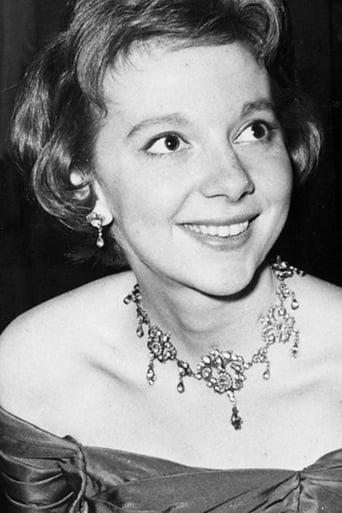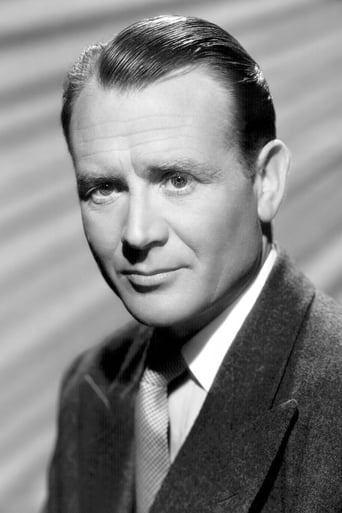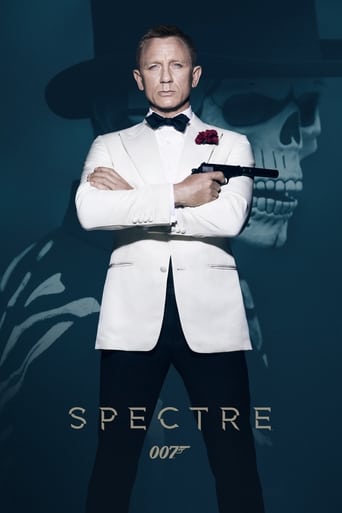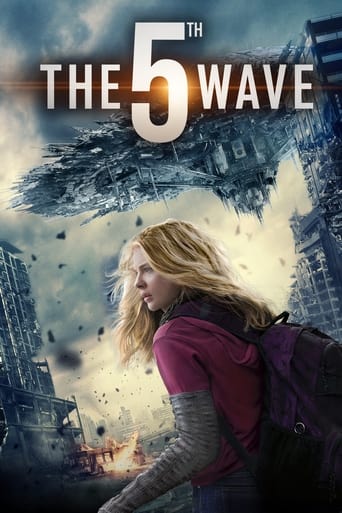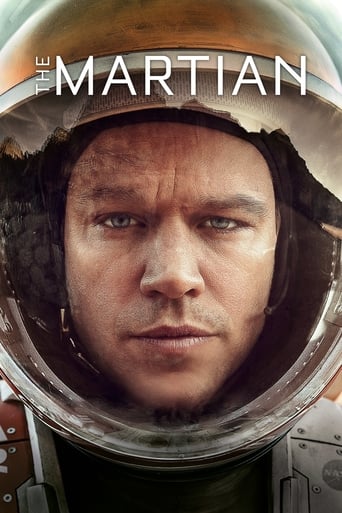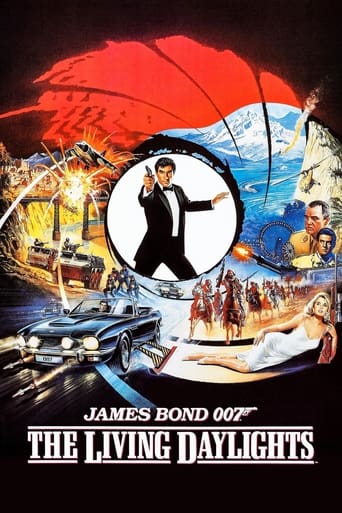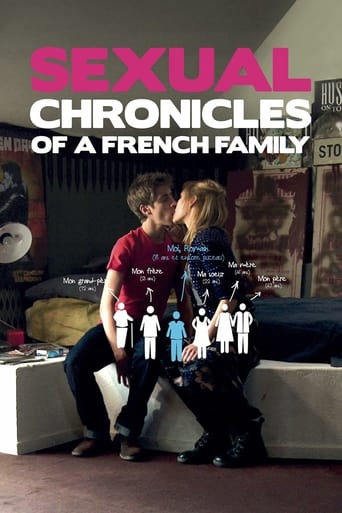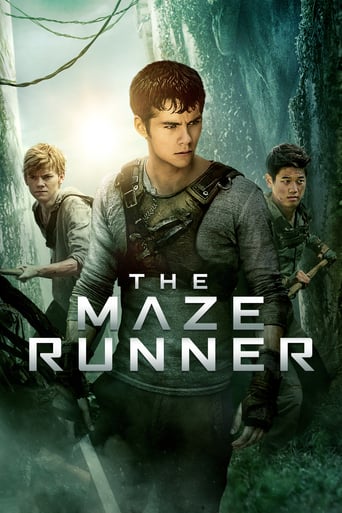A Tale of Two Cities (1989)
A pair of lookalikes, one a former French aristocrat and the other an alcoholic English lawyer, fall in love with the same woman amongst the turmoil of the French Revolution.
Watch Trailer
Free Trial Channels
Cast


Similar titles
Reviews
Very Cool!!!
All of these films share one commonality, that being a kind of emotional center that humanizes a cast of monsters.
The acting in this movie is really good.
Great movie. Not sure what people expected but I found it highly entertaining.
I may be a lone voice, but I think this Tale of Two Cities is easily the worst of the four versions I have seen and is about as bad as Dickens gets. There is almost nothing in it I can recommend.The production design is poor. Everything and everybody is too clean and pristine. The sets of the Bastille, the wine shop and the room where Dr Manette is secreted are all too spacious. Every scene is over lit and under populated. It is the least atmospheric Dickens drama I can recall.The writing is worse. Arthur Hopcraft jumps straight into the book as Mr Lorrie and Lucie are nearing Paris, omitting the early scenes that set up the story and some of its key characters. As a result, Miss Pross doesn't appear for over an hour. He also omits the scene on the boat where Lucie and Darnay first meet, which plays a significant role in the plot. Then he labours over the murder of the Marquis d'Evremont and other scenes set in France. The two movie versions get through the plot in about two hours, without too much simplification. Hopcraft struggles to tell the story in a more generous three hours plus.Key aspects of the characters are underplayed or absent altogether. Miss Pross's fierce protectiveness towards Lucie only emerges slowly, as a result of her actions, rather than as their motive. We see nothing of the businesslike reserve under which Mr Lorrie hides his feelings and only get a weak sense of Dickens's deliberate contrast between Stryver's bustling self-promotion and Carton's resigned, careless self-neglect.Philippe Monnier's direction is wretched. The staging is uniformly poor, without pace, excitement or inventiveness. For example, the bursting of the wine barrel, the storming of the Bastille and the grave-robbing scenes are all listlessly thrown away. The first trial scene is a muddled dud and the two trials in Paris are polite and uninvolved, giving little sense of how justice is being perverted by a howling mob. Mostly, Monnier just points the camera at the actors as they wander aimlessly around the sets.Some of his decisions defy belief. When Carton coerces Barsad's aid he uses the analogy of a card game, contrasting the strength of his own cards with the weakness of Barsad's hand. This scene demands to be set in an Inn, with an actual deck of cards on hand, but we just get the two protagonists strolling in a public square.The actors are just left to fend for themselves. For example, when Carton is approached by the seamstress in the Bastille, there is no single point at which we suddenly see her recognise his heroic deception. Where was Monnier when this scene was being botched?The performances are universally lacklustre. Serena Gordon and Xavier Deluc are OK as Lucie and Darnay, but James Wilby's Carton is a gloomy, lovelorn moper, rather than the dissipated, self-destructive wastrel of the book. Jean-Pierre Aumont's Dr Mannette never even hints at the underlying anxiety that causes his temporary lapses into insanity, so his behaviour is even more unconvincingly schizophrenic than Dickens depicts it. It is as if Aumont never believed in the business of the cobbler's tools and said: "I'll do it if I have to, but that's what it is - 'cobblers'." John Mills just phones in his part. However, the acting depths are only finally plumbed by Karl Johnson's ineffectual, bemused-looking Barsad.It is rare for any movie to be so bad in so many different areas simply by accident or incompetence. Usually, it is because the movie makers have consciously adopted an approach to the material which is wildly mistaken and this follows through into every aspect of the production. I suspect that is what has happened here.Dickens wrote in very broad strokes. His characters are vivid and striking but are often one-dimensional, exemplifying a single human trait. Psychological complexity is not found in individuals so much as in the interplay between them. His plots are full of unlikely situations and improbable coincidences. More importantly, they are peppered with scenes of high emotion, in which Dickens loved to wallow - feelings he wants his readers to share. When he depicts injustice or petty malice, he wants us to be as apoplectic with rage and disgust as he is. When he depicts tragedy, he wants us to weep along with him. When he depicts good, he wants us to applaud with joy.A Dickens novel takes us into a world of heightened reality where we are invited to laugh and cry and thrill with suspense as we wind our way through the tortuous story towards to the eventual release of a happy ending. But they are not just escapist fantasy. We pay for our simple pleasures by having to confront the urgent social and moral issues that preoccupied Dickens throughout his career.It is this unique mix of the populist and the profound which makes Dickens different from most other great Nineteenth Century novelists.I believe that this production is so lame because the film-makers perversely decided that they wanted the profound without the populist. They didn't want it to look or sound like any other Dickens movie, so at every point they smoothed out the eccentricities of the characters and deliberately backed away from all the emotional highlights of the story. In their hands, an exuberant melodrama becomes a sober, tepid, low-key history lesson. But in trying to keep the high-brow and discard the low-brow they end up being resolutely middle-brow.This Tale of Two Cities is Dickens with the Dickens taken out. It dies of 'good taste'.
I had to read A Tale of Two Cities for my English class this year, and found it to be not that bad of a read, and it got VERY exciting towards the end. After we finished the book, our class watched this movie...while I had fun watching it because its so terrible at points I couldn't stop laughing, it's really a travesty.The first problem is that almost all of the acting (perhaps with the exception of Darnay and Dr. Manette) is remarkably terrible. They have hired a whole movie's worth of low budget B-Actors, who simply can't be taken seriously. Their emotions are laughable, they deliver lines terribly, their accents are inconsistent, and they often overact trying to compensate for their own bad acting.The worst thing is probably the script itself. Since I have read the book I followed the movie very well, but to someone who hasn't, they would be completely lost. The movie never keeps on clear direction or narrative and jumps all over the place spastically. The story is hardly told at all, its almost as if the script is ATOTC highlights strung together into almost 4 hours of hell.So if you're DESPERATE for a movie version, give it a shot. But terrible acting and terrible script keep this from being all it could be.
This is by far the best version of Dickens' Tale. The cast was outstanding.James Wilby really conveys Carton's feelings of hopelessness,alienation,and self-sacrifice.The musical score is moving,the costumes and settings accurate,the story very true to the original.Dickens would be proud!
This is without doubt one of the real gems of the British TV scene ever. The story, the characters, the costumes and the acting are all without fault and could never be bettered. Do not pass up the opportunity of seeing this series if it ever should arise. From the opening scenes to the tear-jerking conclusion there is drama, excitement, romance, heroism and self-sacrifice, often several of them simultaneously. It is altogether a most marvellous experience and a real landmark in the history of recorded drama. I don't doubt that Charles Dickens would have been proud to have been associated with it.






